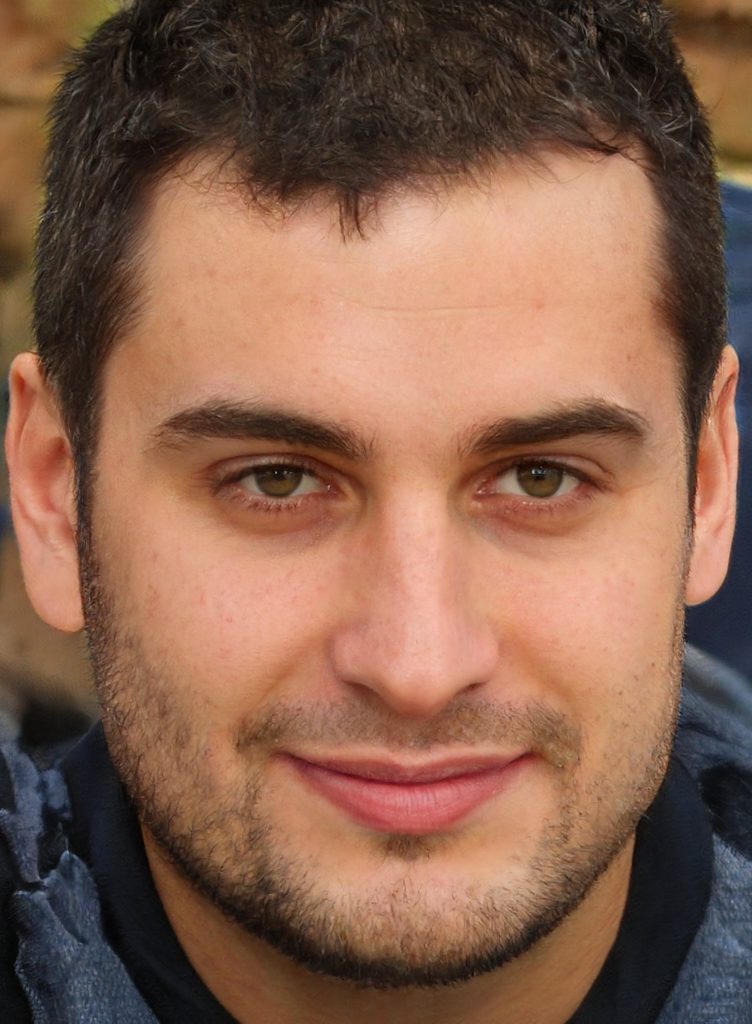Brave New World (by Aldous Huxley): World Controller MustaphaMond must reconcile his ability to draw on powerful past knowledge and impose suppressive world values. He is able to control the world of AF 642. His millions of citizens are taught the importance of community, identity, stability. Mond has a different perspective. He values the world and studies physics. Mond also appreciates Shakespeare’s craft.
John confronts Mustapha and asks him about his violation of the societal reading ban. Mond replies, “But as I make these laws here, they can also be broken” (Huxley 234). Through its ironic satirizations of capitalism and society in modern times, the novel “to reveal ironically how inadequacies are of the present” (“Firchow). However, Mond is able to see that literature and knowledge are more important than the wealth that ensures power in today’s world. Mond, who is hypocritical and holds his subjects to a strict code of conduct, seems to be a hypocrite. Mond is treated as a god when he’s called “Your Fordship”, which is a parody of the respect and reverence people have for wealthy individuals. Mond stated that “happiness–especially other people’s happiness–is a hard master” (Huxley 244). This statement reveals the way Mustapha sees his role as World Controller. He views all of humanity as his children. His perception of himself and the people he cares for places him far beyond the people and above the law. This is intentional humor in the novel. Mond acts like a rich man who believes that rules don’t apply. Some characters have the names Rothschild or J.P. to further emphasize capitalism’s connection in the novel. Morgan.) Mond says stability or peace comes at a cost. (Huxley 236) It is a terrible sacrifice for humanity to choose a stable, safe world over chaos, creativity, and expression. Mond is a “exception [to] Freudian ideas [that] dominate all the motivations for the characters of the novel” (Clareson). Mond, even though the world is subjected to social restructuring and conditioning, remains an unaffected third party in society. Mustapha Montd’s oratory was very close to synthetic standards.” (Huxley 238). His powerful voice is a reminder of his role as World Controller and Fordship.
Mond states that he and the other World Controllers have taken the pain of life’s ambiguities, indecisions on their shoulders to save those less able from having to suffer such psychological and emotional pressures.” (McDonald). This mentality places the world leaders in the same category as Christ, who suffered the pain of death during his crucifixion to purify mankind from sin. The World Controllers are unable to eliminate sin. They suppress and artificially condition it, rather than taking action like Jesus.
The society of Brave New World “denies that [the spirit] can be reified” (Varriccio). Gina McDonald states that Huxley’s “brave new world” is ironic because it does not recognize their suffering and instead covers it up with soma. But they remain without real substantive happiness. Because without suffering, one cannot appreciate the best and most beautiful moments of life. Mond seems willing to let the world be governed by soma, idiocy and ignorance, but he values Shakespeare’s plays which promote creativity and innovation. His powerful voice and reference to Shakespeare’s works are carefully woven into his vocabulary. This highlights his cultural nature and the amount of information he can obtain in comparison with the average citizen. This knowledge is what keeps Mond in charge as a leader around the world. Keep in mind that Mond is often called the “Your Fordship”, a reference to Henry Ford, the man who was the creator of their world. This title connects modern consumers to medieval Lords, who ruled over “lesser” men or subjects. Ford can also connect with “Lord” if he is described by himself as a mystery-solving ruler who has the ability to gain information that no man else in society can.
Mustapha Montd supports the world’s ideas and values, but he is aware of how his actions limit freedom of expression. He appears to think he is above the rules and refuses to obey the laws prohibiting the reading of works from the previous. In Brave New World, his power is paradoxical.
